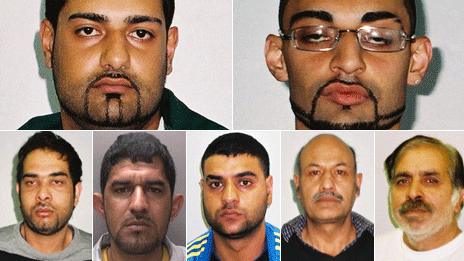Telford child sex abuse went on for generations, inquiry finds
- Published

The report found agencies dismissed reports of child exploitation as "child prostitution".
Obvious evidence of child sex crimes in Telford was ignored for generations leading to more than 1,000 girls being abused, an inquiry has found.
Agencies blamed children for the abuse they suffered, not the perpetrators, and exploitation was not investigated because of "nervousness about race".
The inquiry was set up after the Sunday Mirror revealed gangs had been abusing girls in the town since the 1980s, external.
Chairman Tom Crowther QC said the abuse had thrived unchecked for decades.
His report makes 47 recommendations for improvement by agencies involved. West Mercia Police has apologised "unequivocally" for past events as has Telford & Wrekin Council.
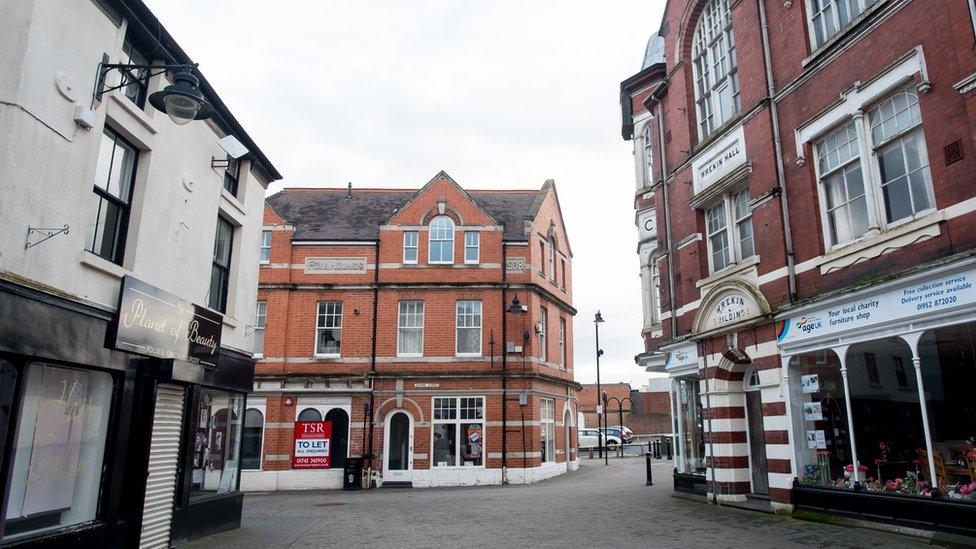
Street pastors have reported seeing men in cars approaching girls as they left pubs and nightclubs.
The report found agencies dismissed reports of child exploitation as "child prostitution".
Mr Crowther said: "The overwhelming theme of the evidence has been the appalling suffering of generations of children caused by the utter cruelty of those who committed child sexual exploitation.
"Victims and survivors repeatedly told the inquiry how, when they were children, adult men worked to gain their trust before ruthlessly betraying that trust, treating them as sexual objects or commodities.
Telford inquiry: Survivor says her abusers 'hold no power'
"Countless children were sexually assaulted and raped. They were deliberately humiliated and degraded. They were shared and trafficked. They were subjected to violence and their families were threatened.
"They lived in fear and their lives were forever changed. They have asked, over the years: how was this allowed to happen?"
Other key report findings include:
Teachers and social workers being discouraged from reporting abuse
Offenders becoming "emboldened" by the absence of police action, with abuse continuing for years without concerted response
Exploitation was not investigated because of nervousness about race, that investigating concerns against Asian men, in particular, would inflame "racial tensions"
Even after an investigation leading to seven men being jailed for child sex crimes West Mercia Police and Telford & Wrekin Council scaled down their specialist teams "to virtual zero" in order to save money
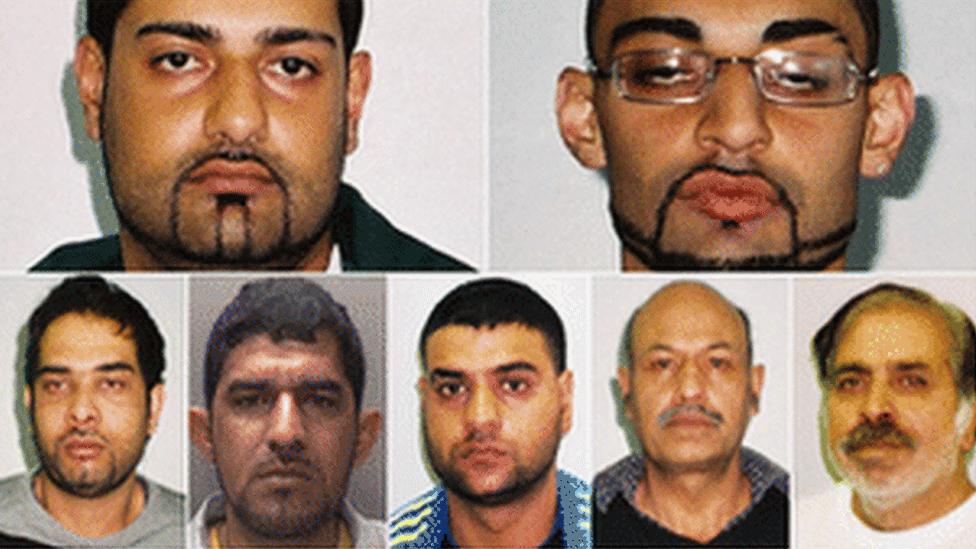
Seven men were jailed in 2012 following Operation Chalice, an investigation into child sexual exploitation
The investigation was known as Operation Chalice and saw two Telford brothers among those jailed. A court heard the brothers sexually abused, trafficked and prostituted, or tried to prostitute, four teenagers between March 2008 and December 2009.
The report found the most common way children were exploited was through a "boyfriend" model, where a child would meet a man, who would persuade them to become his girlfriend.
Perpetrators, it said, sought out "vulnerable" children and would begin giving them lifts, buying them food, alcohol or cigarettes which led to the children becoming involved in sexual activity with the men as a "favour" as payment for the gifts.
Most of those responsible for the abuse did not use contraception and "pregnancies were expected to be (and in many cases were) terminated." Some of those abused went on to bear the perpetrator's children.
In several cases, victims received death threats against them or their families if they tried to end the abuse.
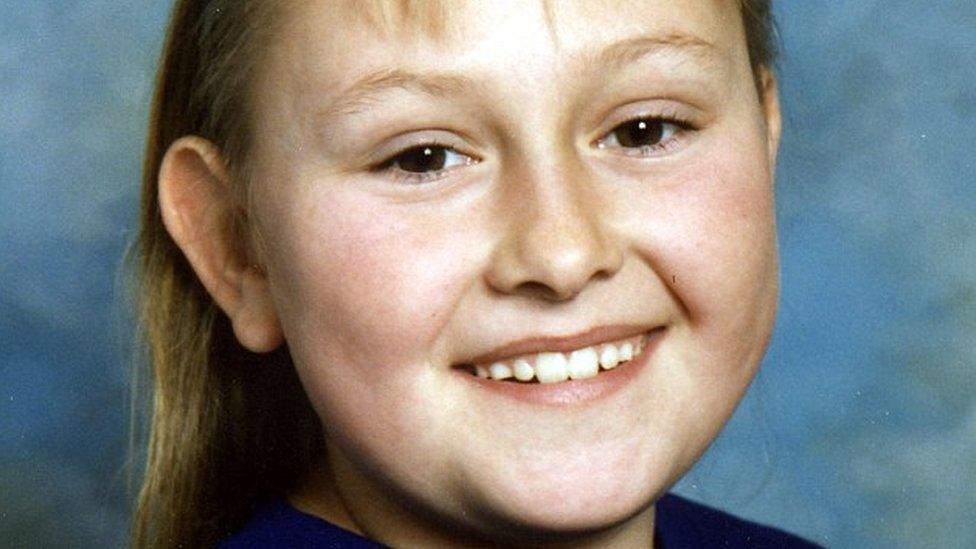
Lucy Lowe was 14 when she became pregnant by taxi driver Azhar Ali Mehmood
The report references the case of Lucy Lowe, 16, who died along with her 17-year-old sister and mother in a house fire started by Azhar Ali Mehmood, 26, the father of her daughter. She had become pregnant at 14 to Mehmood.
The report continued to say children were often abused in nightclubs and takeaways with witnesses also describing a "rape house" in Wellington, Telford, to which young people were taken.
Within schools, it said, there was a "reluctance" to report concerning activity without "concrete proof" which was an "overly cautious approach", while "obvious" indicators like absences and changes in behaviour went unremarked by school staff.
The report said, in the most recent figures from the first six months of 2020, police received 172 referrals related to child exploitation.
The "dreadful, life altering crime has not gone away - in Telford or elsewhere," the report said.
It also outlines recent police evidence of "an unacceptable, and quite frankly offensive attitude", towards child abuse victims, with "disparaging language being used".
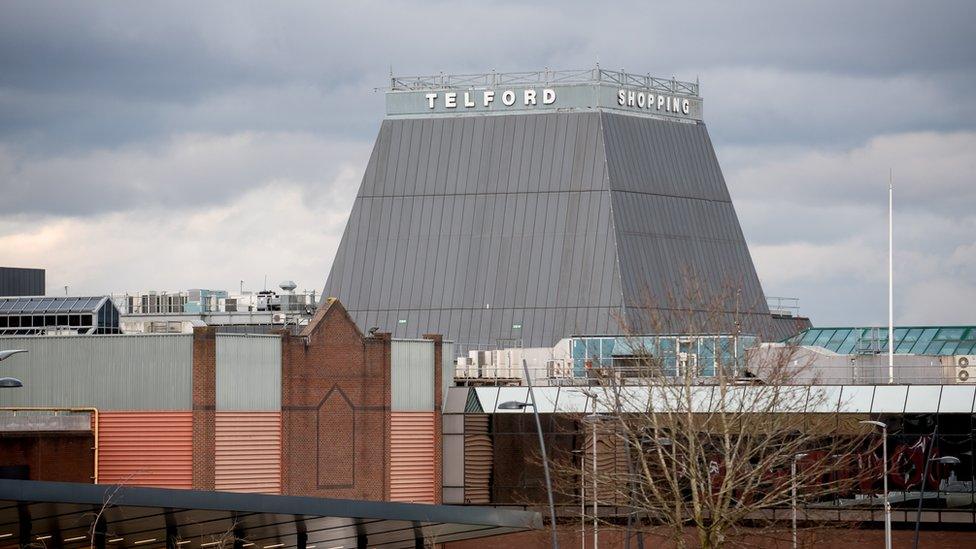
The report said the crime "has not gone away - in Telford or elsewhere"
In his statement, Mr Crowther said he looked back as far as 1989 to draw his conclusions, but had heard from victims exploited as long ago as the 1970s.
"I saw references to exploitation being 'generational'; having come to be regarded as 'normal' by perpetrators and inevitable by victims and survivors some of whose parents had been through similar experiences," he said.
He urged agencies to accept the recommendations made in the report and hoped the report "goes some way" to giving a voice to the survivors.

If you have been affected by anything in this report, support is available through the BBC's Action Line.

Mr Crowther recommended the formation of a joint review team to publish an annual report on child abuse in Telford.
Following the inquiry's publication, survivor Joanne Phillips, who gave evidence said: "Victims were being identified as child prostitutes. Once you have been convicted that label will never leave you.
"Prosecutions are damaging to your life.
"Some children went to prison for not paying the fines. Convictions should be completely expunged.
"Today I feel incredibly proud of the girls in Telford....I cannot express enough how proud I am for seeing this through and their resilience and bravery."
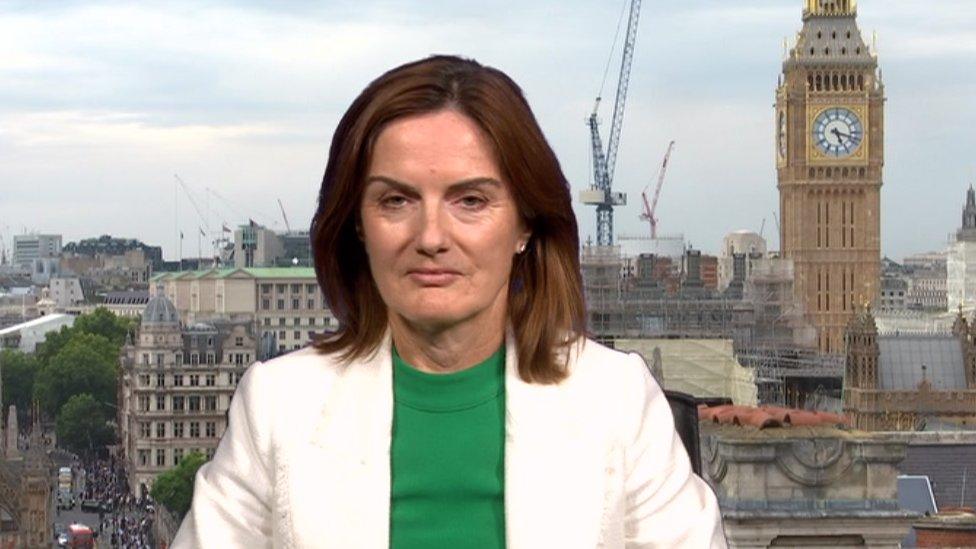
Lucy Allan MP described the report as "damning and devastating"
Lucy Allan, the MP for Telford, who has been campaigning on the issue since 2016, said: "Today is a very important day for victims and survivors of CSE, not just in Telford but right across the country because this report is damning, it is devastating.
"There are clear patterns that existed well before this report was commissioned that people knew about CSE, we had had high profile court cases in Telford and we should have taken learnings from that and we quite clearly didn't.
"The saddest thing is that victims and survivors, their voices weren't heard, they weren't taken seriously and that should never have happened."
The report's recommendations should be adopted by local authorities around the country, she said.
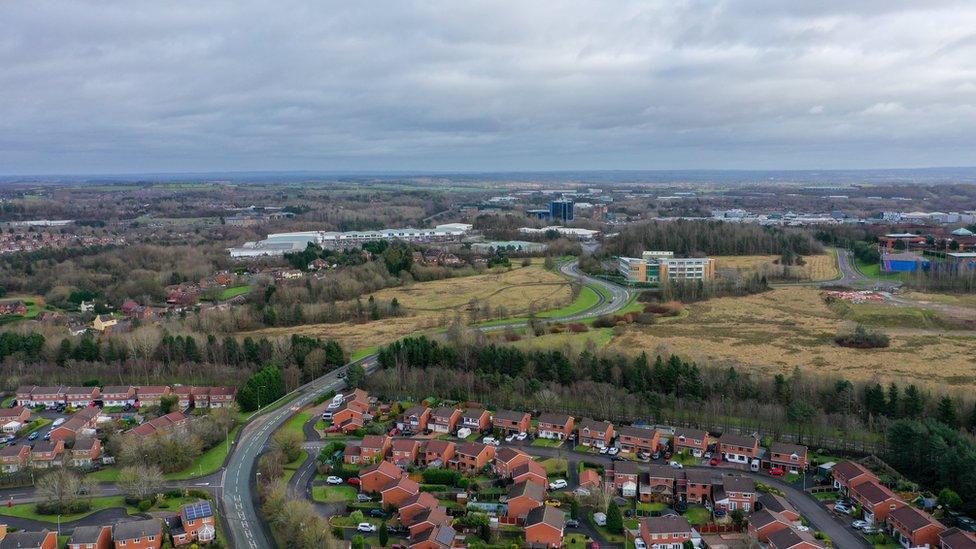
Telford & Wrekin Council said it has made 'significant improvement' in recent years
Telford and Wrekin Council has said it "apologises wholeheartedly" to the victims.
"Child sexual exploitation is a vile crime that disgusts us and all right thinking people.
"The independent inquiry acknowledges we have made significant improvements in recent years."
It said it was working to provide support for victims and it was already carrying out many of the inquiry's recommendations.

West Mercia Police issued an apology to survivors
Assistant Chief Constable Richard Cooper, of West Mercia Police, said he would like to say sorry to the survivors and all those affected in Telford.
"While there were no findings of corruption, our actions fell far short of the help and protection you should have had from us, it was unacceptable, we let you down. It is important we now take time to reflect critically and carefully on the content of the report and the recommendations that have been made," he said.
He said the force now has teams dedicated to preventing and tackling child exploitation and works better together with organisations to safeguard children.

Analysis - BBC Midlands Correspondent Phil Mackie
The Inquiry was set up three years ago after several criminal prosecutions brought the problems to light. The chairman, Tom Crowther QC, heard evidence from dozens of survivors of abuse.
Countless children were sexually assaulted and raped. They were deliberately humiliated and degraded. They were shared and trafficked. They were subjected to violence and their families were threatened. They lived in fear and their lives were forever changed. They have asked, over the years: how was this allowed to happen?"
The answer, Mr Crowther believes, is the authorities had ignored obvious signs of child exploitation; had blamed the children and not the perpetrators, and in many cases wouldn't investigate cases because of "nervousness about race". West Mercia Police and the council scaled down their specialist child sexual exploitation teams to virtually zero - to save money.
By 2015 the provision from both had in some ways gone back almost a decade.
Two police investigations - Operation Chalice in 2012 and Operation Vapour in 2019 - led to 10 men of south Asian descent being convicted of sexual offences against young girls . But the inquiry has spoken to victims of exploitation from many more communities.

West Mercia Police and Crime Commissioner, John Campion, said victims and survivors had been let down.
"I cannot say with absolute certainty, just because lessons have been learnt, that it will never happen again.
"However, my drive as PCC remains resolute to ensure the system, that is there to keep people safe, continues building on the progress that has been made."
Shropshire Council, which neighbours Telford & Wrekin said these crimes are "happening right across the country".
It said awareness of the crime is now "far greater" and it has "safeguards" in place to help people living in the area.
Street pastors
The Rev Keith Osmund-Smith, is part of the Street Pastors in Telford, a group of volunteers who work to help keep people safe while out at night.
While working as West Mercia Police's chaplain, he went on sabbatical after he told a national newspaper he doubted if information passed to West Mercia Police officers about child sex exploitation was always acted on.
He was later reinstated.
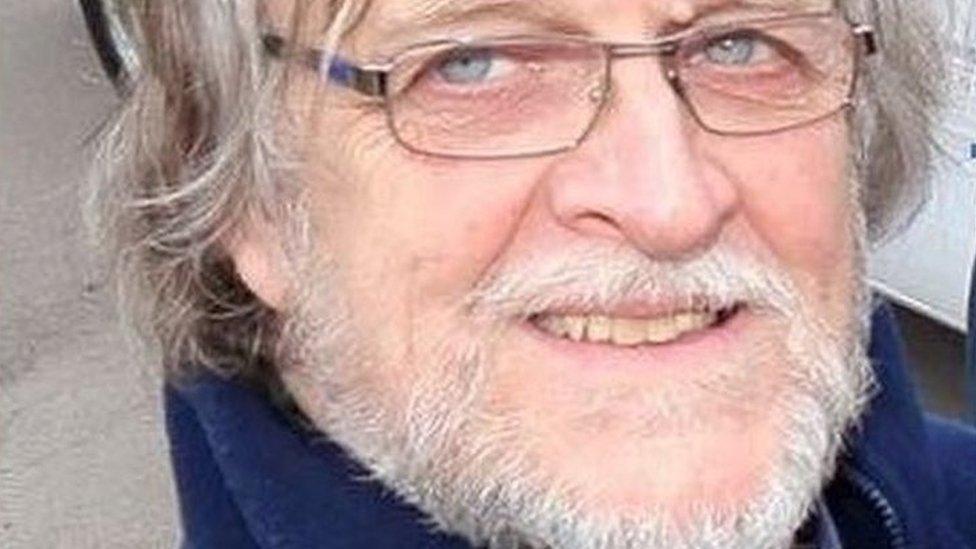
Keith Osmund-Smith says abuse is still going on
He said he was glad matters raised had been addressed after being concerned police and local authority were not seeing young people as "victims".
"At ground level police officers were very concerned about what was going on but there was almost a cost-cutting exercise in the council…and also in the police where it became too expensive," he said.
"It is still happening and there is still no room for complacency, I think we are much better equipped to deal with it."
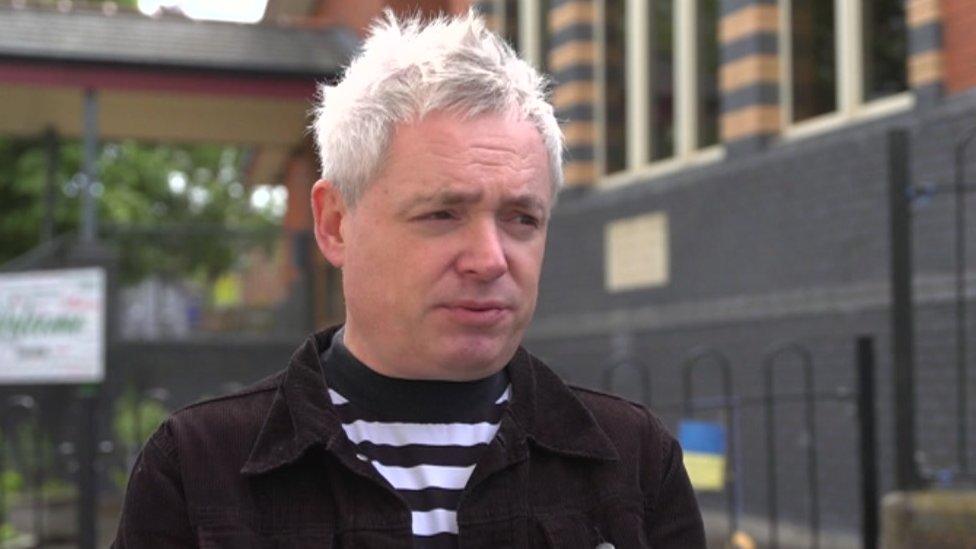
Mark Berry reported concerns seen at a night time cafe in Wellington
Mark Berry formerly ran a project which operated a night cafe from a Methodist church in Wellington and street teams operating around nightclubs, supporting vulnerable people, including young girls.
"They would come into the cafe or we would talk to them outside and we began to hear stories about why they felt vulnerable, particularly on the streets, that there were groups of guys who were, what we would call now, grooming them, offering them gifts, wanting to take them to parties, things like that," he said.
He said the staff would see men in cars approaching girls as they left pubs and nightclubs.
"These guys weren't going into the clubs, they weren't part of the normal night time life, the entertainment life, it felt like they were specifically there for this purpose," he said.
He said girls would tell them how they felt "vulnerable", "hassled" and "harassed", which they reported to the police officers who they now know were heading up the Operation Chalice inquiry.
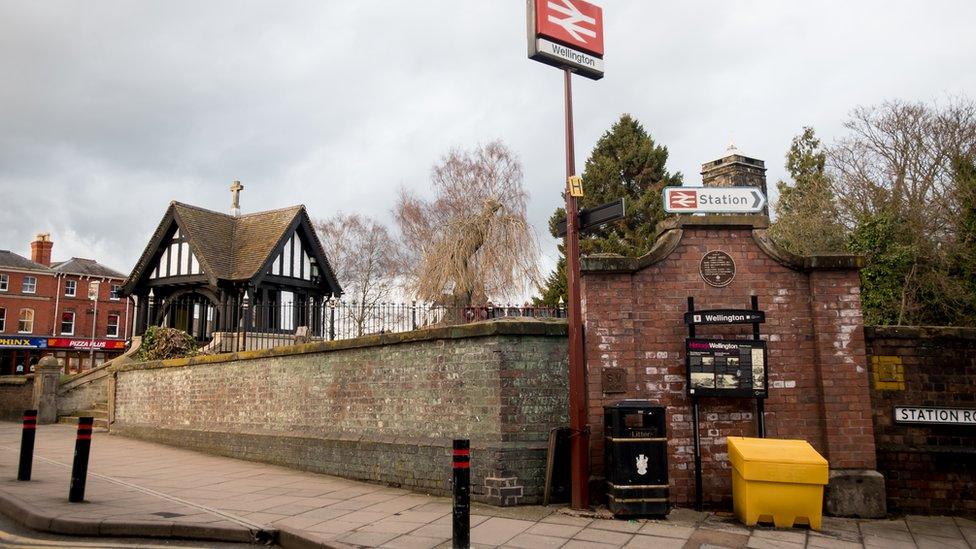
Mr Berry said Telford had "pulled together" in the wake of investigations into exploitation
Mr Berry said the town had "pulled together" in the wake of the investigation and added the inquiry was "crucial" for understanding what had happened.
"There needs to be justice and there needs to be resolution for the victims and for the wider community and people want that to happen," he said.

Follow BBC West Midlands on Facebook, external, Twitter, external and Instagram, external. Send your story ideas to: newsonline.westmidlands@bbc.co.uk, external
- Published27 November 2019
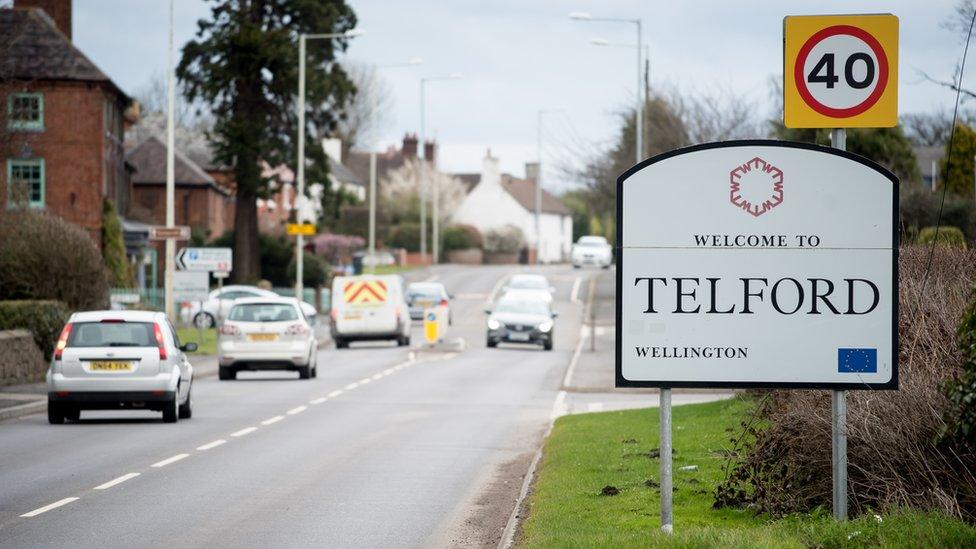
- Published23 August 2018

- Published6 February 2019
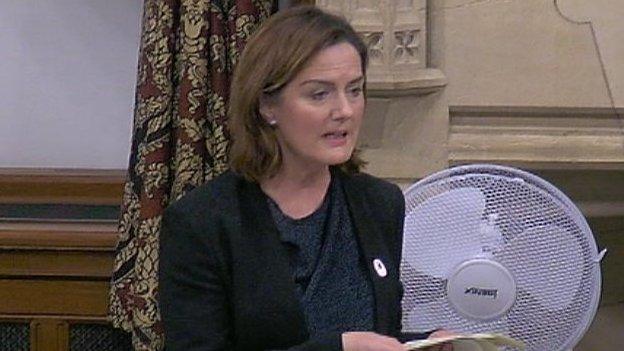
- Published20 March 2018
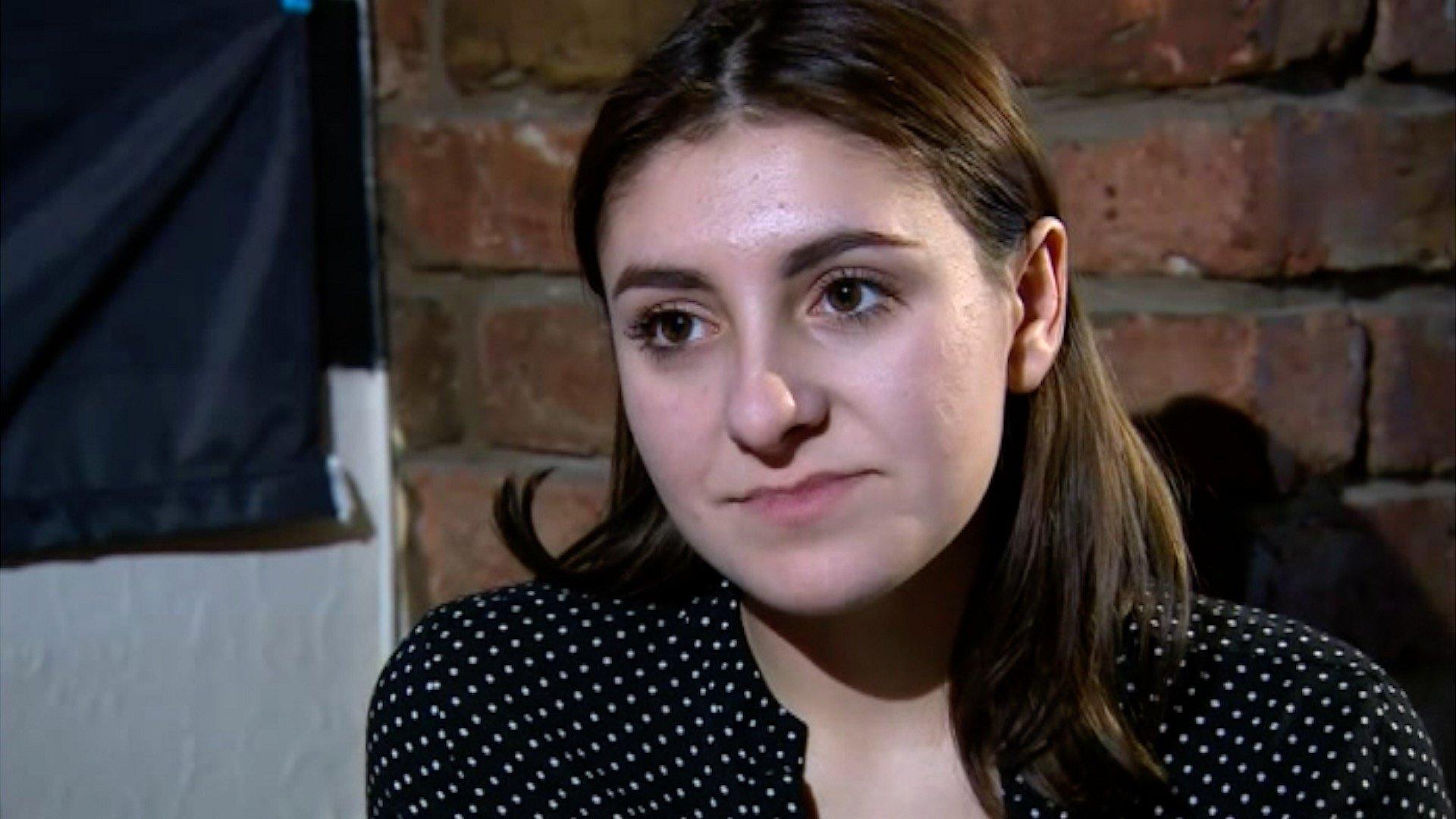
- Published16 March 2018

- Published13 March 2018
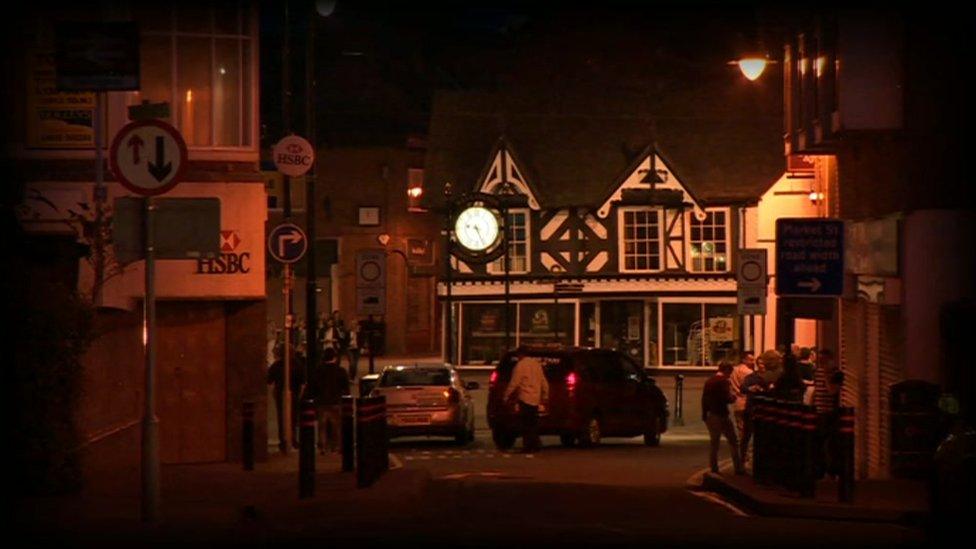
- Published13 March 2018
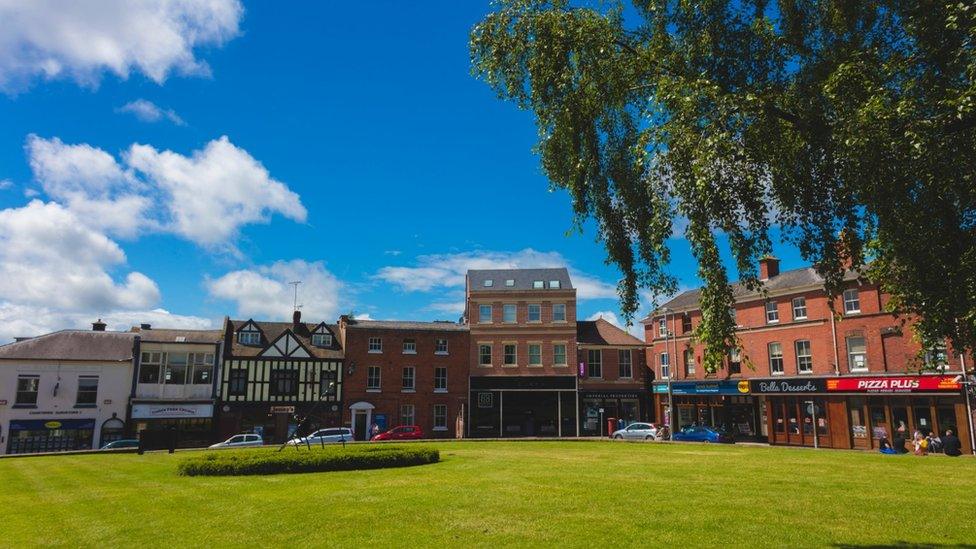
- Published12 March 2018
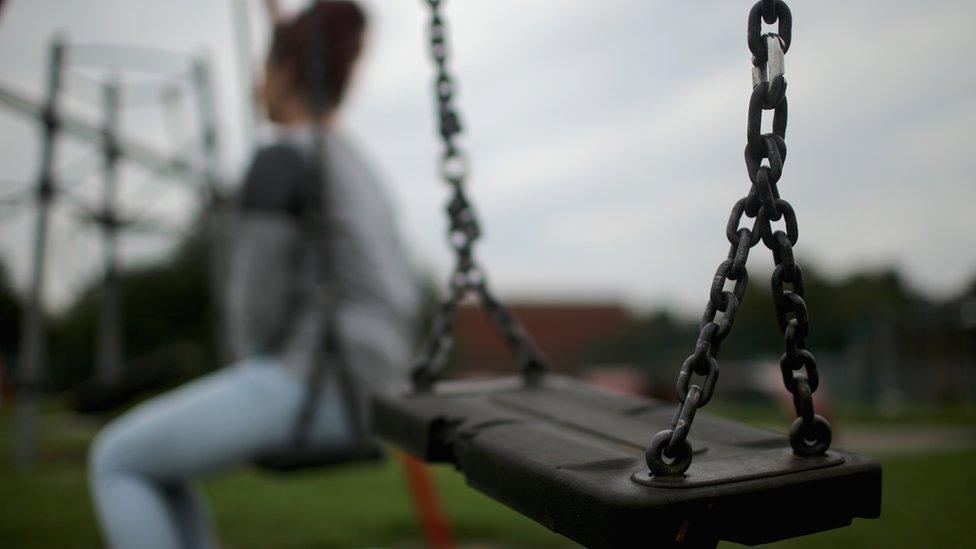
- Published11 May 2016
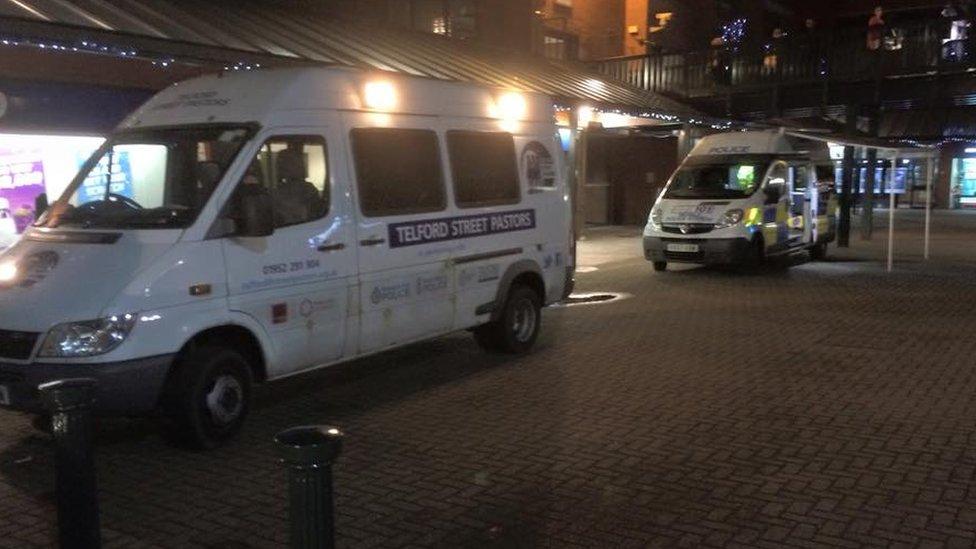
- Published10 May 2013
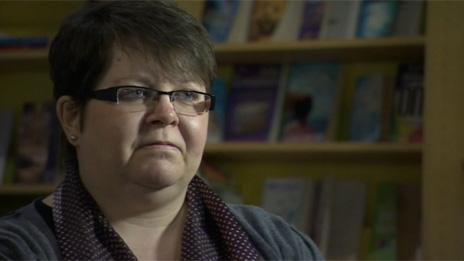
- Published10 May 2013
